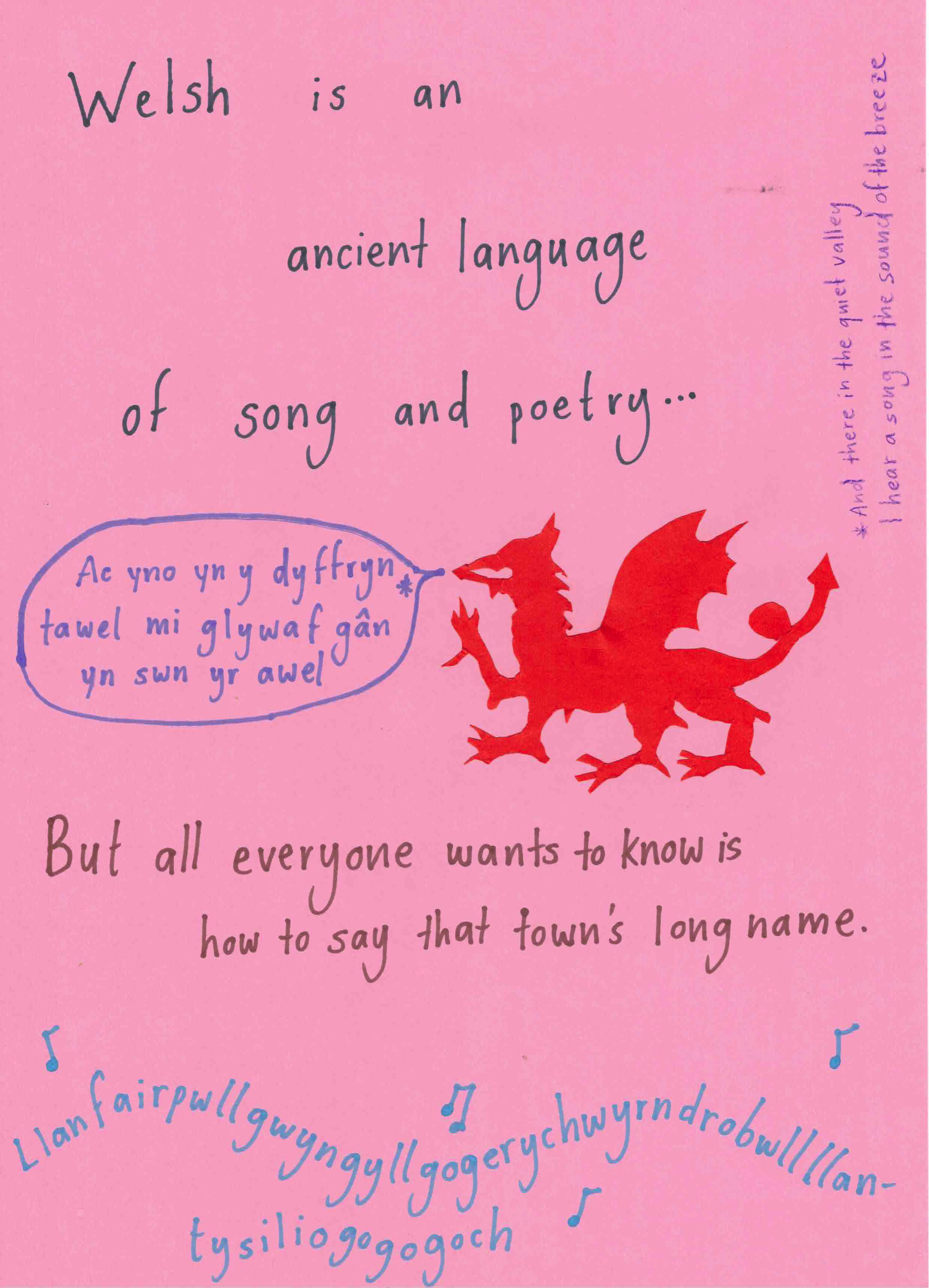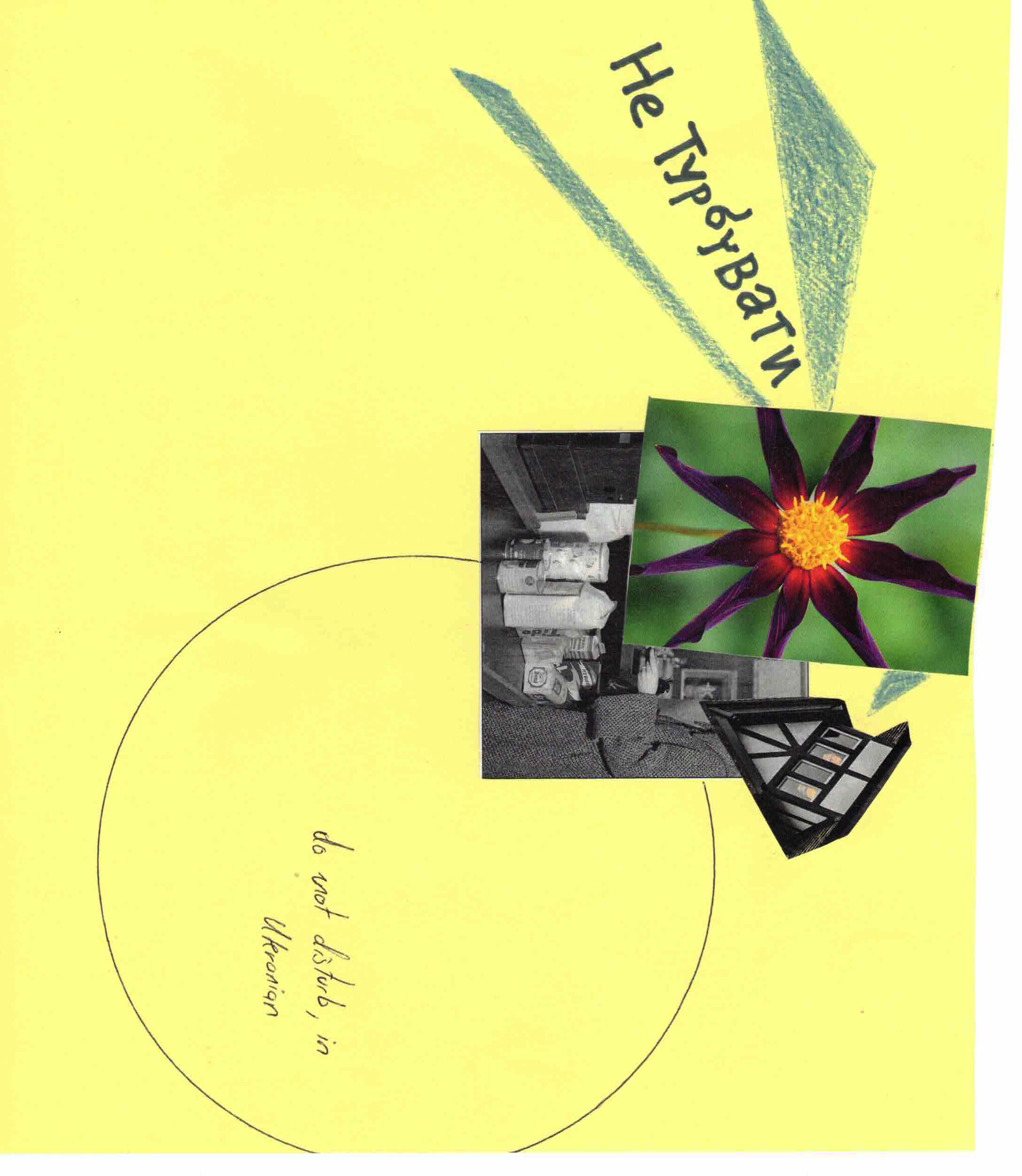Making a Multilingual Zine Celebrating Govanhill’s 88 Languages
Greater Govanhill Magazine helped to facilitate a workshop at the Bee's Knees Café to help create a zine that will celebrate all the languages of Govanhill. The event took place as part of the BHASH Glasgow Language Festival.
Some participants of the workshop. Photo taken by Jack Howse
By Jack Howse
The Bhasha Language Festival returned to Govanhill this year for a week-long celebration of the rich linguistic diversity of Glasgow. The festival included free starter classes for a range of languages, including Urdu and Romani, as well as dance and cultural exchange workshops.
The festival was founded four years ago by the Bangladesh Association of Glasgow to mark International Mother Language Day. Held annually on February 21, this day commemorates the people who lost their lives fighting for their mother tongue, Bangla, in what is now Bangladesh. Nowadays, it celebrates all languages and highlights the importance of keeping mother tongues alive.
Since 2021, it has been co-run by Thriving Places Govanhill. In 2020, Marzanna Antoniak, Thriving Places’ Community Connector, commissioned a survey into the multiplicity of languages in Govanhill. The survey found that at least 88 languages were spoken in the area. Bhasha Language Festival seeks to celebrate this linguistic diversity and provide platforms for cross-cultural exchanges.
Read more: At Least 88 Languages Spoken in Govanhill
Greater Govanhill Magazine, was happy to collaborate with the festival in delivering a zine-making workshop at the Bees Knees Café.
A zine is a D-I-Y magazine that is, more often than not, a collaborative project between a group of people. The self-published work is usually a mixture of original content collaged with reused images and materials from other magazines. The last two editions of Bhasha have seen the local community work together on a zine, this workshop helps to continue with this tradition.
This year, participants were asked to create a zine based on quirks found in their chosen language. This theme led to a wave of responses; from participants’ favourite idioms to the longest word in certain languages. Submissions came in a number of languages; from Ukrainian to Chinese. The workshop also displayed the D-I-Y approach to zine making, the floor strewn with cuttings from gardening and political magazines by the end of the sessions. Check out some of the works created below.
Marion Eele, of Thriving Places Govanhill spoke about why the festival decided to run the workshop:
“Creating a zine is a great way to have a physical record that lives on beyond the festival. We all have such a personal relationship with languages, whether they’re our mother tongues or something we’ve learned later in life.
“I hope that by encouraging people to engage with their memories and feelings relating to language, we can show how important it is to keep multilingualism alive.”
Greater Govanhill are working with Bhasha Language Festival to independently produce and publish a zine for the 2022 edition of the festival. Keep an eye out on our socials for more details of when this will be available.




